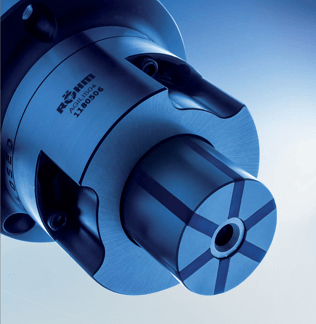Clamping Systems

Clamping Systems
A clamping system is a
fundamental component in manufacturing and machining operations, designed to
securely hold workpieces or tools in place during machining processes. The
effectiveness of a clamping system directly influences the accuracy, repeatability,
and quality of the finished components.
Hydraulic Clamping System
A hydraulic clamping system
utilizes hydraulic pressure to exert a controlled and uniform clamping force on
workpieces or tools. This type of system offers advantages such as high clamping
force, precise control, and rapid actuation, making it suitable for
applications requiring secure and consistent clamping, such as heavy-duty
machining operations and high-speed machining centers.
Auto Clamping System
An auto clamping system,
often integrated with advanced machining equipment, employs automated
mechanisms to facilitate quick and efficient clamping of workpieces or tools.
These systems typically utilize pneumatic, hydraulic, or electric actuators
controlled by programmable logic controllers (PLCs) or computer numerical
control (CNC) systems, enabling seamless integration with automated
manufacturing processes.
In summary, clamping systems play a pivotal role in ensuring the
stability and precision of machining operations. Whether utilizing hydraulic
systems for robust applications or embracing automated solutions for enhanced
efficiency, selecting the appropriate clamping system is crucial for achieving
optimal performance and productivity in manufacturing environments.

